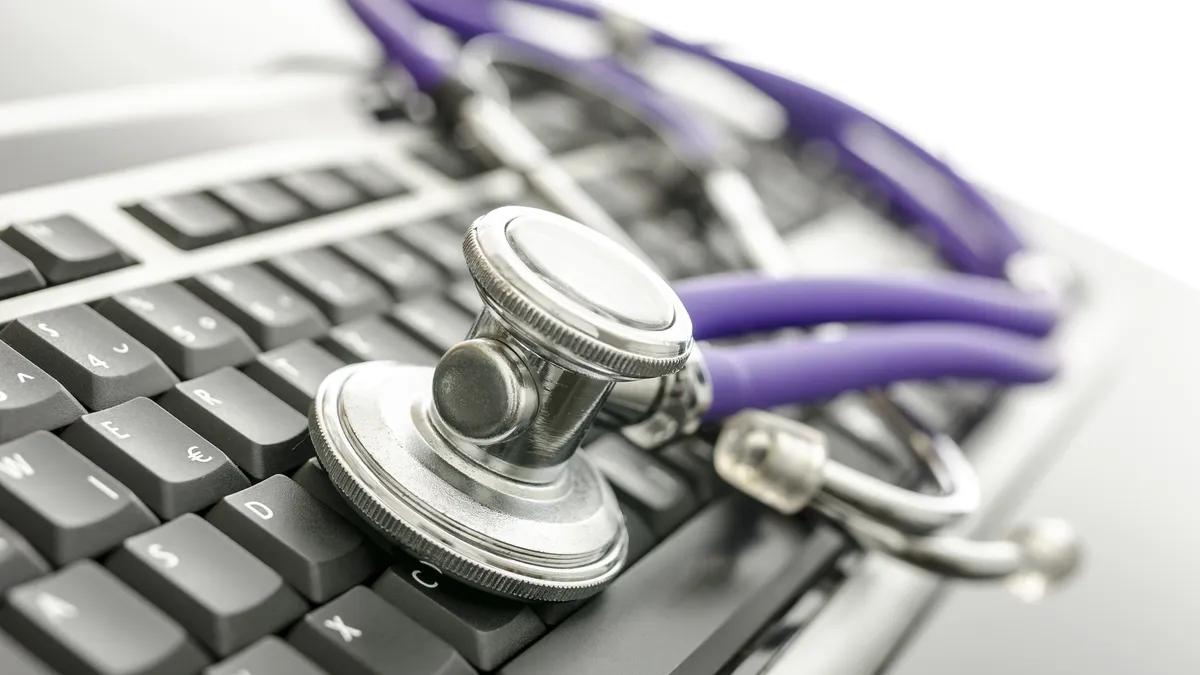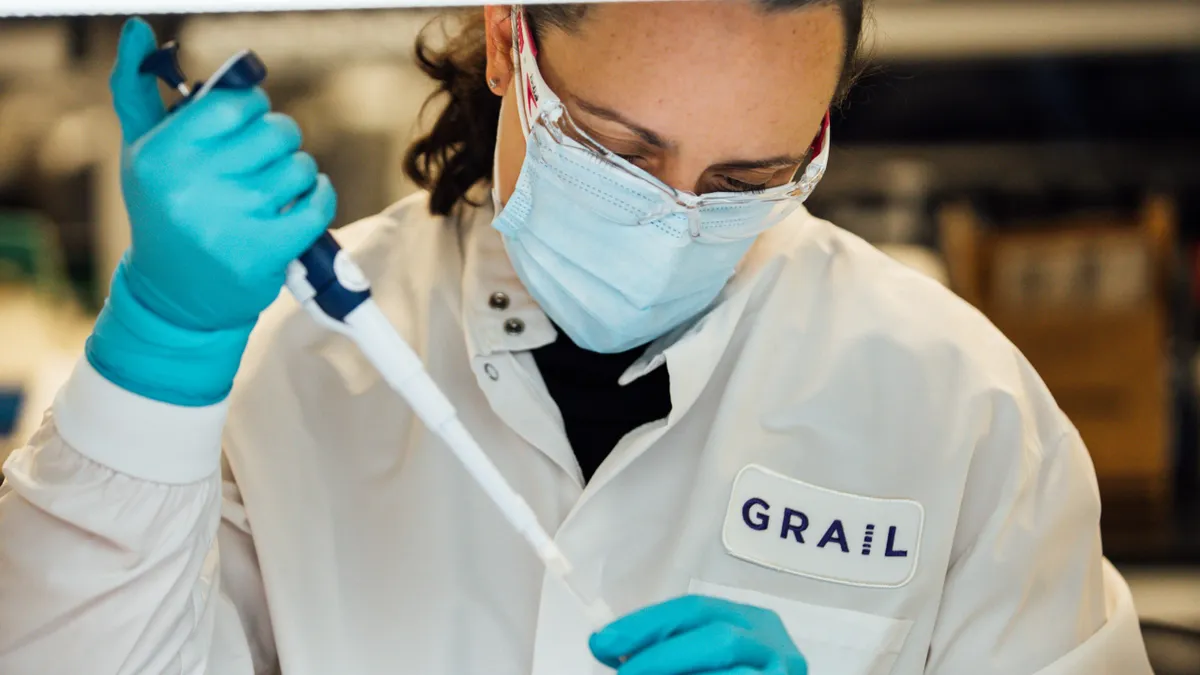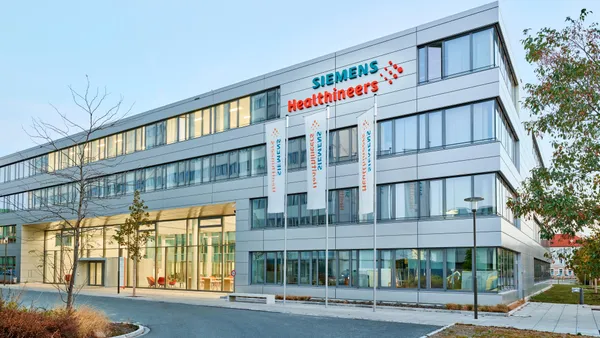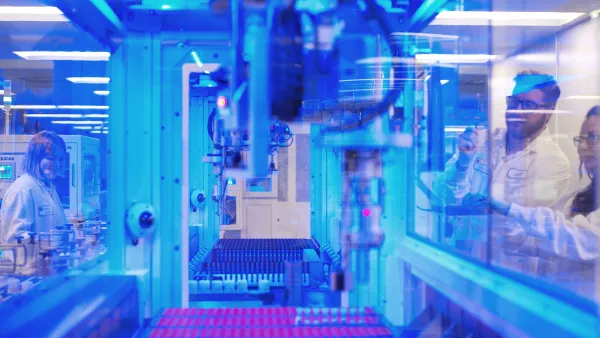Dive Brief:
- The outlook for the U.S. medical device industry in 2019 is positive, according to a report released Thursday by Moody’s Investors Service. The credit ratings agency said industry success will be aided by earnings growth from new products and solid demand in emerging markets, which is expected to see a double-digit percentage increase.
- The forecast for earnings before interest, tax, depreciation and amortization is for growth of 4.5% to 5.5% for companies on an organic basis, the credit ratings agency said in the report.
- Headwinds on the horizon for the industry include the potential for rising trade tensions and the reinstatement of the medical device excise tax in 2020, Moody’s said.
Dive Insight:
Moody’s sees the U.S. medical device industry as a bright spot in healthcare in the year ahead. In contrast to the positive outlook for devices, the credit ratings agency gave a stable outlook to the global pharmaceuticals and U.S. for-profit hospital industries.
Healthcare will represent a rising portion of the gross domestic product for most countries in 2019, but with that growth will come severe budgetary pressures and efforts to control spending. Payers will continue to focus on cost-effectiveness and value as a result.
Medical device makers will see mid-single-digit revenue growth driven by product innovation across most companies and categories, the agency said. Sales in emerging markets will continue to grow more than 10%.
Operating margins at some companies will benefit as synergies are realized from recent acquisitions. Moody’s cited last year’s $24 billion acquisition of C.R. Bard by Becton Dickinson as an example. BD is expected to make progress on meeting targets for deleveraging its debt as it achieves cost synergies from the acquisition.
Among other device makers highlighted by Moody’s, Abbott Laboratories will have meaningful growth drivers in its FreeStyle Libre blood glucose monitor and its MitraClip device for transcatheter mitral heart valve repair. Moody’s expects Abbott to continue to use free cash flow to reduce debt.
Zimmer Biomet was cited as an example of a company expected to improve its cost structure at key U.S. manufacturing facilities. The company is wrestling with a recent recall of implantable spine fusion and bone growth stimulators and a warning letter for practices at its Warsaw, Indiana north campus plant. Moody’s cautioned that Zimmer Biomet will have a limited capacity to deviate from prioritization of debt reduction from free cash flow.
Even with the positive outlook, Moody’s flagged several potential challenges the medtech industry could face. Rising trade tensions resulting in tariffs could impact costs and pose a risk to GDP growth in some countries, especially in emerging markets. The U.S. medical device excise tax, at 2.3% of U.S. sales, is scheduled for reinstatement on Jan. 1, 2020. And consolidation among payers will intensify pricing pressures on device manufacturers, Moody’s cautioned.












